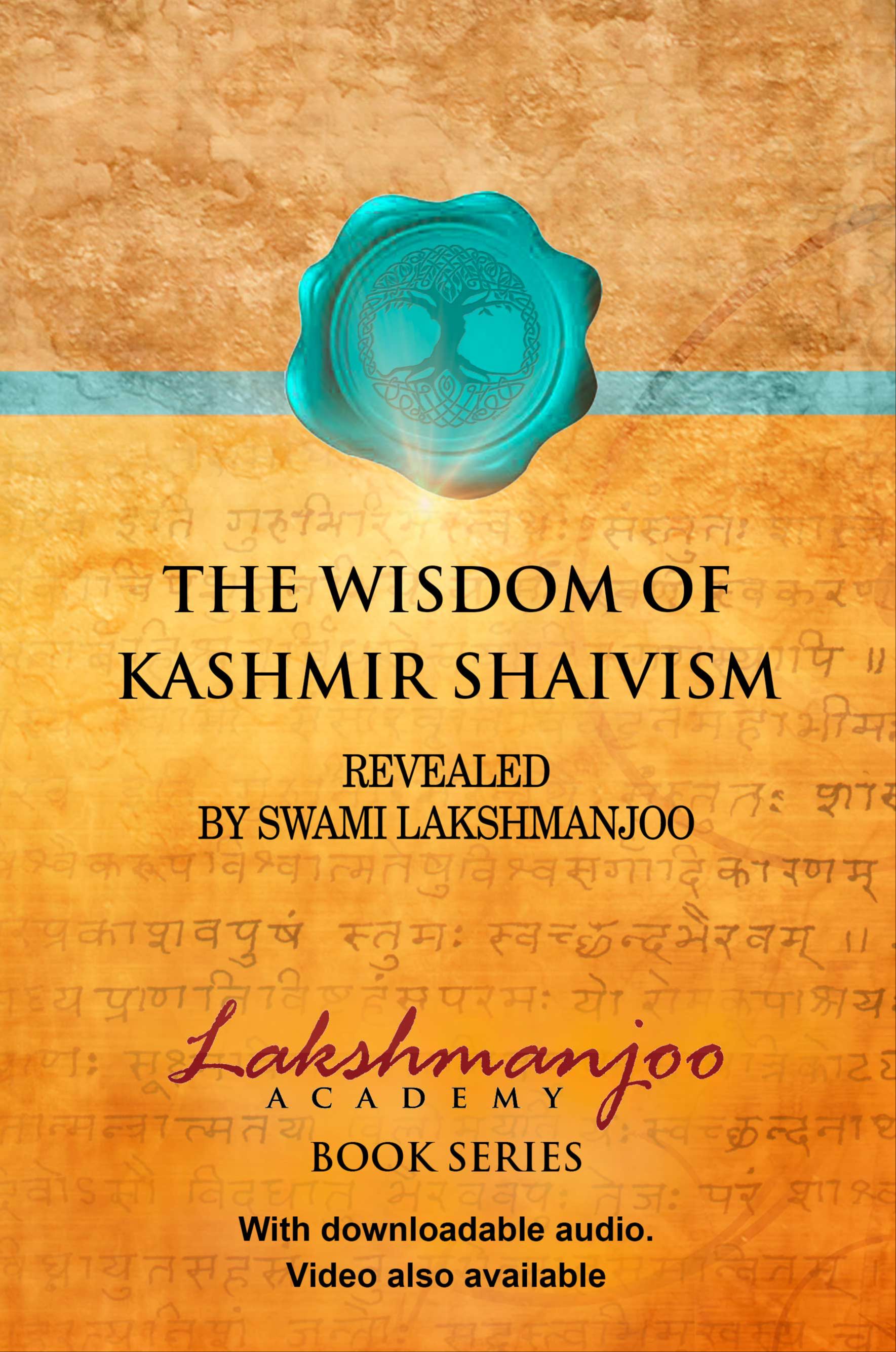
DVD 3.1 (1:00:58)
यश्चात्मरतिरेव स्यादात्मतृप्तश्च मानवः ।
आत्मन्येव च सन्तुष्टस्तस्य कार्यं न विद्यते ॥१७॥
yaścātmaratireva syādātmatṛptaśca mānavaḥ /
ātmanyeva ca santuṣṭastasya kāryaṁ na vidyate //17//
And that person who is, on the contrary, ātma ratireva, who is focused in his own nature of Parabhairava, and ātma tṛptaśca, who is satisfied with Parabhairava, ātmanyeva ca, who is actually resting in the Parabhairava state, tasya kāryaṁ na vidyate, he has nothing to do in this world. Whatever he does, he does for the sake of play, for the sake of just play. He has no particular thing to do. Whatever was to be done, he has done that. He has conquered the whole universe.
DVD 3.1 (1:01:57)
नैव तस्य कृतेनार्थो नाकृतेनेह कश्चन ।
न चास्य सर्वभूतेषु कश्चिदर्थव्यपाश्रयः ॥१८॥
naiva tasya kṛtenārtho nākṛteneha kaścana /
na cāsya sarvabhuteṣu kaścidarthavyapāśrayaḥ //18//
If he does [some action], there is no meaning in that, i.e., his doing. If he does not do anything, there is no meaning in that [either]. And he is not dependent to anything in this world.
DVD 3.1 (1:02:34)
कर्मणैव हि संसिद्धिमास्थिता जनकादयः ।
लोकसंग्रहमेवापि संपश्यन्कर्तुमर्हसि ॥१९॥
karmaṇaiva hi saṁsiddhimāsthitā janakādayaḥ /
lokasaṁgrahamevāpi saṁpaśyankartumarhasi //19//

Now, if you say that you are Parabhairava, you don’t need to do work, to do action in this world, but you should do, still you should do action. You must not mislead those who are ignorant persons. On the contrary, you must try to behave in pūja. Do pūja with them.
“Yes, we will do pūja, come along!” Have a gathering and go on doing havan.
So, it is for the sake of the world, not for him. He does not need to join this pūja. But for the sake of ignorant people, he should act like that.
If he does not act, then he should . . . it is his choice if he does not [want to do uplifting actions], but then he should remain out of society. As long as he is placed [i.e., living] in society, he has to act according to society’s [well-being].
“Come along and we will do pūja of the Śiva liṅga!” And [he forms a] gathering and [they] do pūja. “Internally,” [he feels], “I don’t need to do Śiva pūja,” but he has to do it.

[Chapter 3], revealed by Swami Lakshmanjoo,






